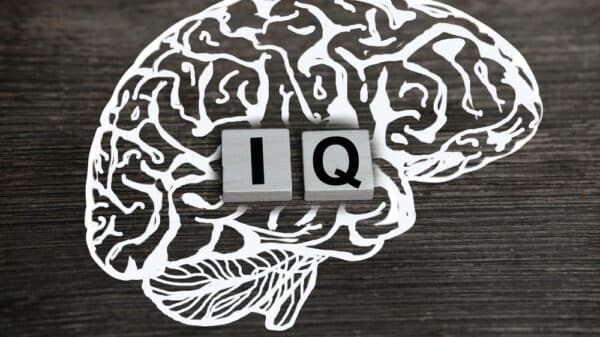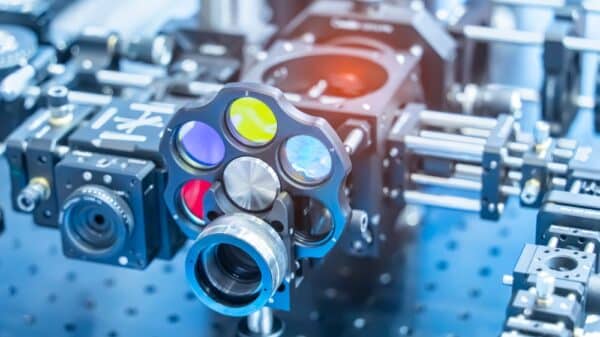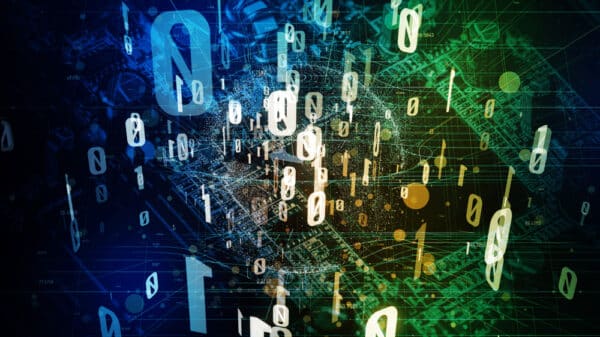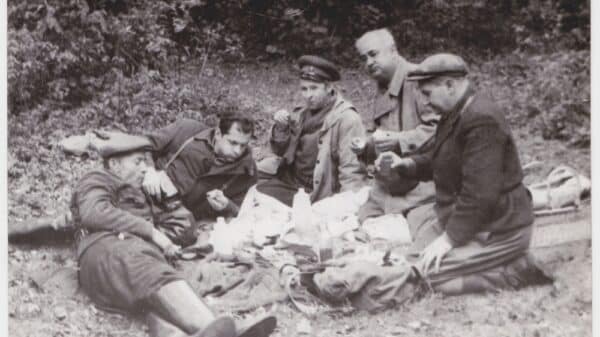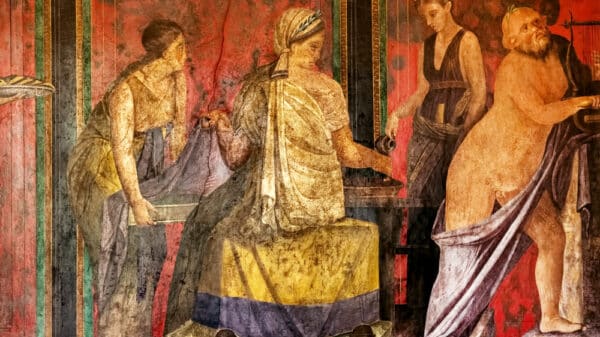Scientists from the Social Brain Lab at the Netherlands Institute for Neuroscience employed a special configuration to delve into the cerebral processes determining the decision to aid another, despite personal sacrifice.
Opportunities frequently present themselves to forfeit things valuable to us for the benefit of others. Which cerebral mechanisms assist us in choosing these actions, and what underlies the disparities in altruistic behavior among people?
Historically, thinkers and researchers posited that a person’s inclination to empathize with the anguish of others could dictate their readiness to provide assistance.
To test this theory in practical experiments, Kalliopi Ioumpa and Selene Galo, guided by Christian Keysers and Valeria Gazzola, scrutinized altruistic conduct—actions done willingly for the good of others—among individuals who identify as mirror-pain synaesthetes. These individuals profess to sense agony on their person when they see others in pain. Should sharing others’ pain prompt one to assist, these subjects are expected to demonstrate exceptional magnanimity.
“To grasp the reasons behind the variability in assisting behavior, our laboratory previously conducted tests with participants on the low end of empathy, such as those diagnosed with psychopathy. Presently, we sought to investigate the other end of the spectrum: individuals whose empathy is so profound that they endure the pain of others as if it were their own,” elucidated Christian Keysers. “There was some evidence in the research that such individuals feel acute localized pain when observing others because the neuronal activity in their somatosensory cortices—areas typically engaged in one’s own tactile sense—is heightened. Could this be affecting their inclination to donate?”
The Predicament
In conducting an authentic study of conflict within the controlled environment of a laboratory requires imaginative methods which convince participants that their choices impart genuine repercussions on themselves and another. “If you solely inquire if individuals perceive themselves as generous, the majority would affirm positively,” Christian remarks with a grin. “To uncover true interpersonal distinctions, one must create scenarios where the hardship of others is tangible, and aiding them extracts an actual price from the participants,” Valeria highlights.
In their examination, the researchers devised such a predicament by convincing participants that they were part of the research alongside another participant. In truth, however, this companion was an actor, which maintained consistency across each experiment.
During the study, the participants were assigned differing roles: the participant assumed the role of a donor with real currency to offer, potentially reducing pain for an actor who simulated receiving painful stimuli. “Each participant was led to believe the other person genuinely endured pain dependent on their monetary contributions,” clarifies Kalliopi Ioumpa. “In actuality, the recordings of the actor in distress were produced beforehand so that all participants were exposed to identical sequences.”
Given that participants made their charitable decisions inside an fMRI scanner, the researchers were able to observe brain regions tied to decision-making and discern the differences between those who empathetically feel another’s pain and those who do not. “We aimed to analyze varying levels of assistance provided by different participants and the neural activity that correlates,” reveals Kalliopi Ioumpa.
Mirror-Pain Synesthetes and Altruistic Conduct
When compared to the control subjects, those who identified as mirror-pain synesthetes contributed a notably greater sum of money to ease the pain of the fellow participant – reinforcing the notion that the more acutely one resonates with another’s pain, the greater their propensity is to make sacrifices to assist.
As anticipated, the study also uncovered cerebral distinctions. “Self-proclaimed mirror-pain synesthetes exhibited enhanced activation within their secondary somatosensory cortex. This area engages with sensory feelings like touch or discomfort,” provides Kalliopi Ioumpa. “Hence, whereas the majority may simply experience general discomfort upon witnessing someone in agony, mirror touch synesthetes display heightened activity in their somatosensory cortex, as though the pain is mirrored in their own body parts and this galvanizes them to action more vigorously,” Christian adds.
Moving Towards Increased Altruistic Behavior
Upon completion of each session, participants are informed about the reality of the other individual’s status as an actor, and they retain the money they did not donate.
“We acknowledge that the capacity for empathy can vary. It is possible for people to heighten or stifle it. Take medical practitioners for instance, they often diminish their empathetic responses over time to better manage their emotional engagement,” Valeria Gazzola describes. “and as I discuss in my TEDx discourse, we all can adjust our empathetic responses depending on the scenario. Empathy isn’t a static trait; it’s malleable, and as demonstrated here, it shapes the extent of our prosocial endeavors,” she concludes.
“This inquiry contributes to our comprehension of altruistic behavior by associating it with empathy. We’ve shown how individuals with a heightened sensory connection to the suffering of others also exhibit superior prosocial tendencies,” details Kalliopi Ioumpa. The team remains hopeful that their outcomes may pave the way for interventions aimed at amplifying empathy and prosocial behavior in future instances.
Image Source: New Africa / Shutterstock














